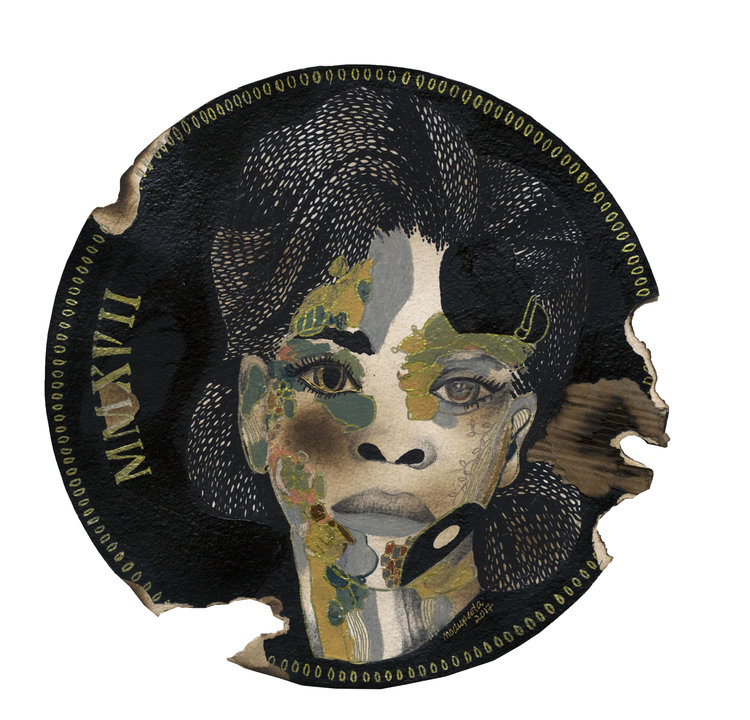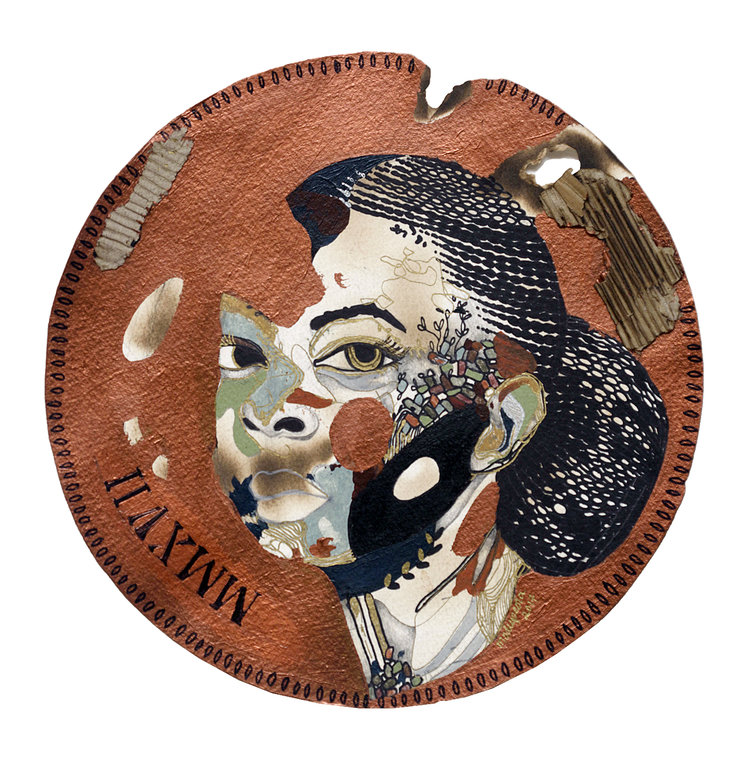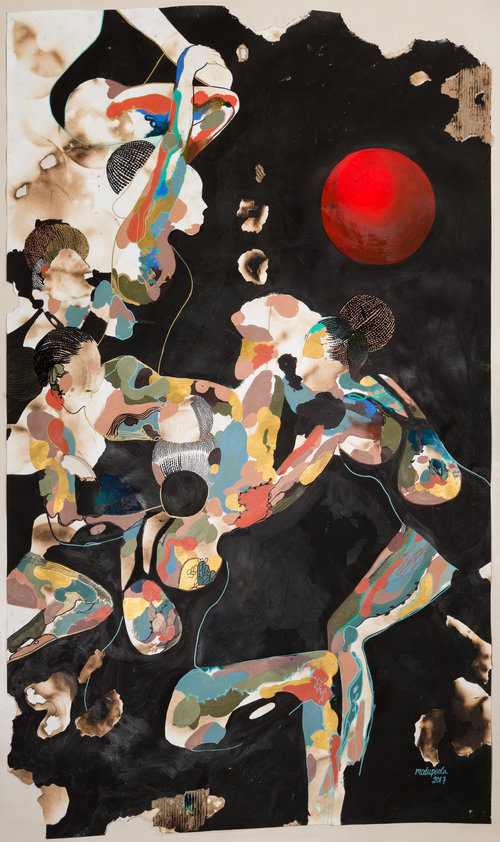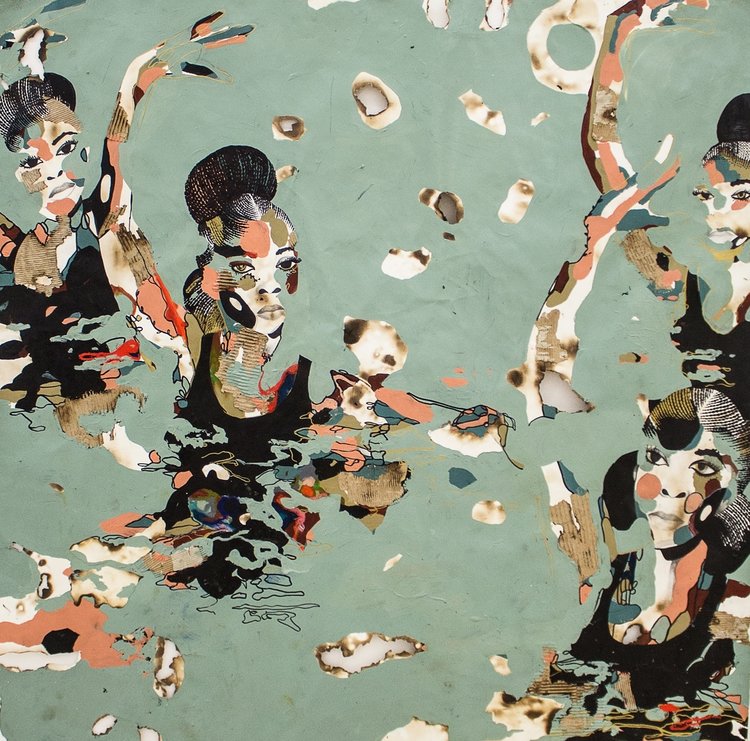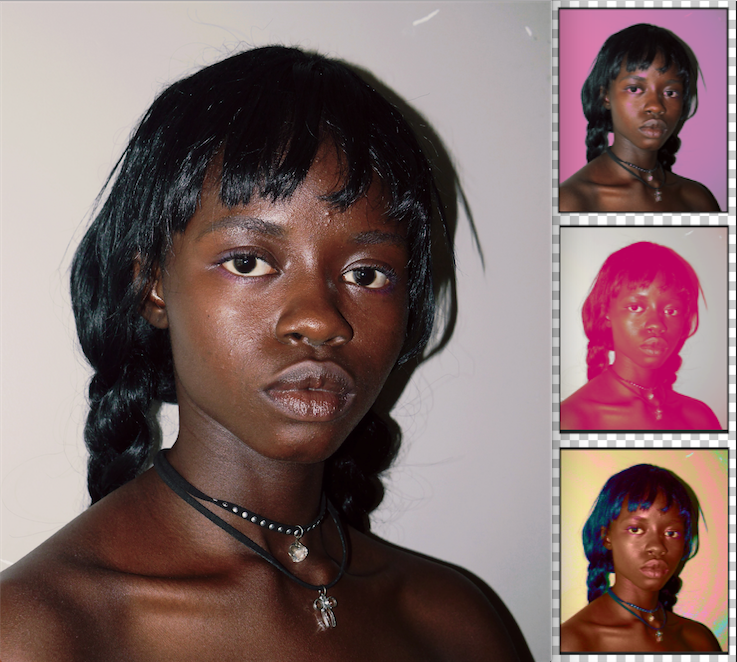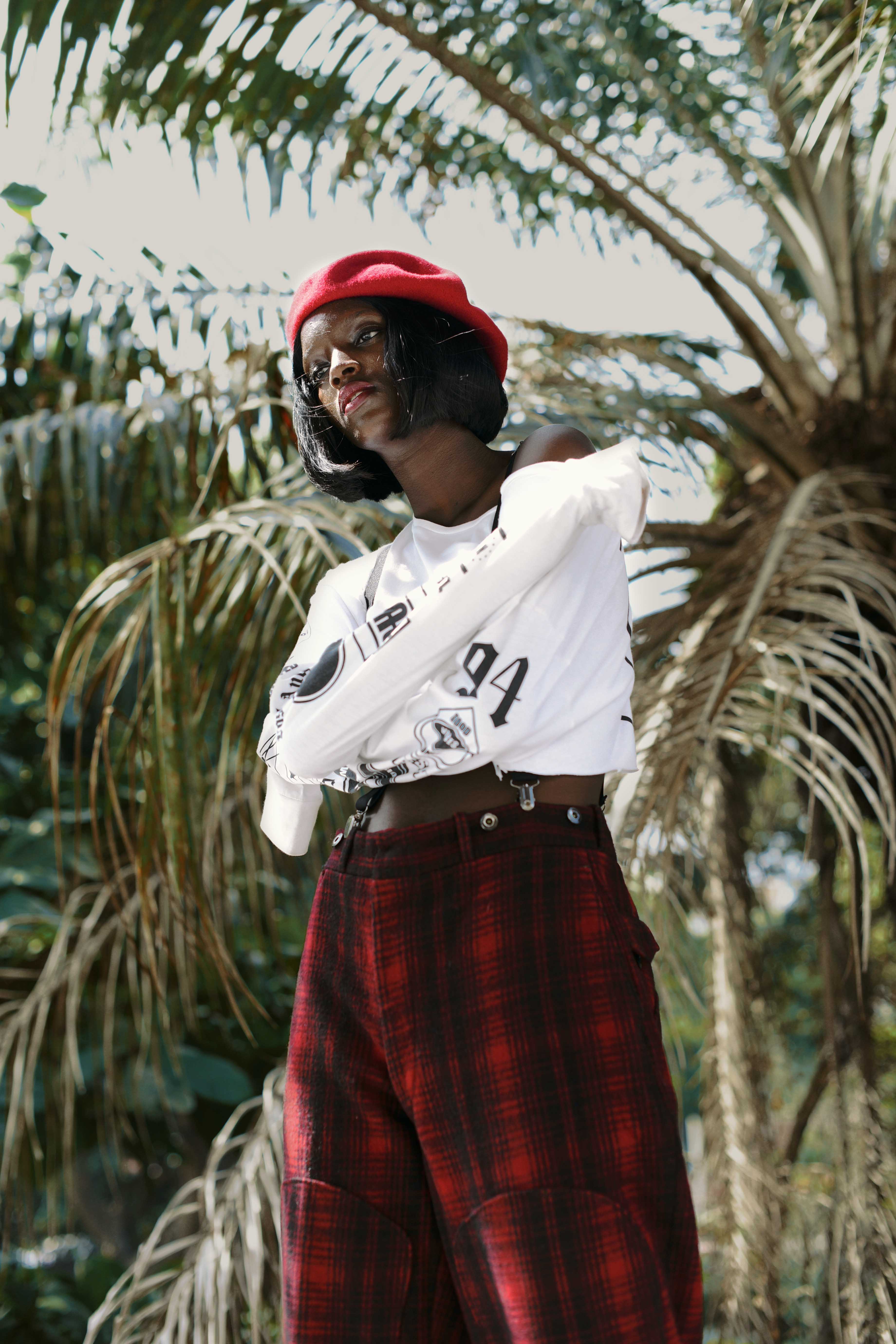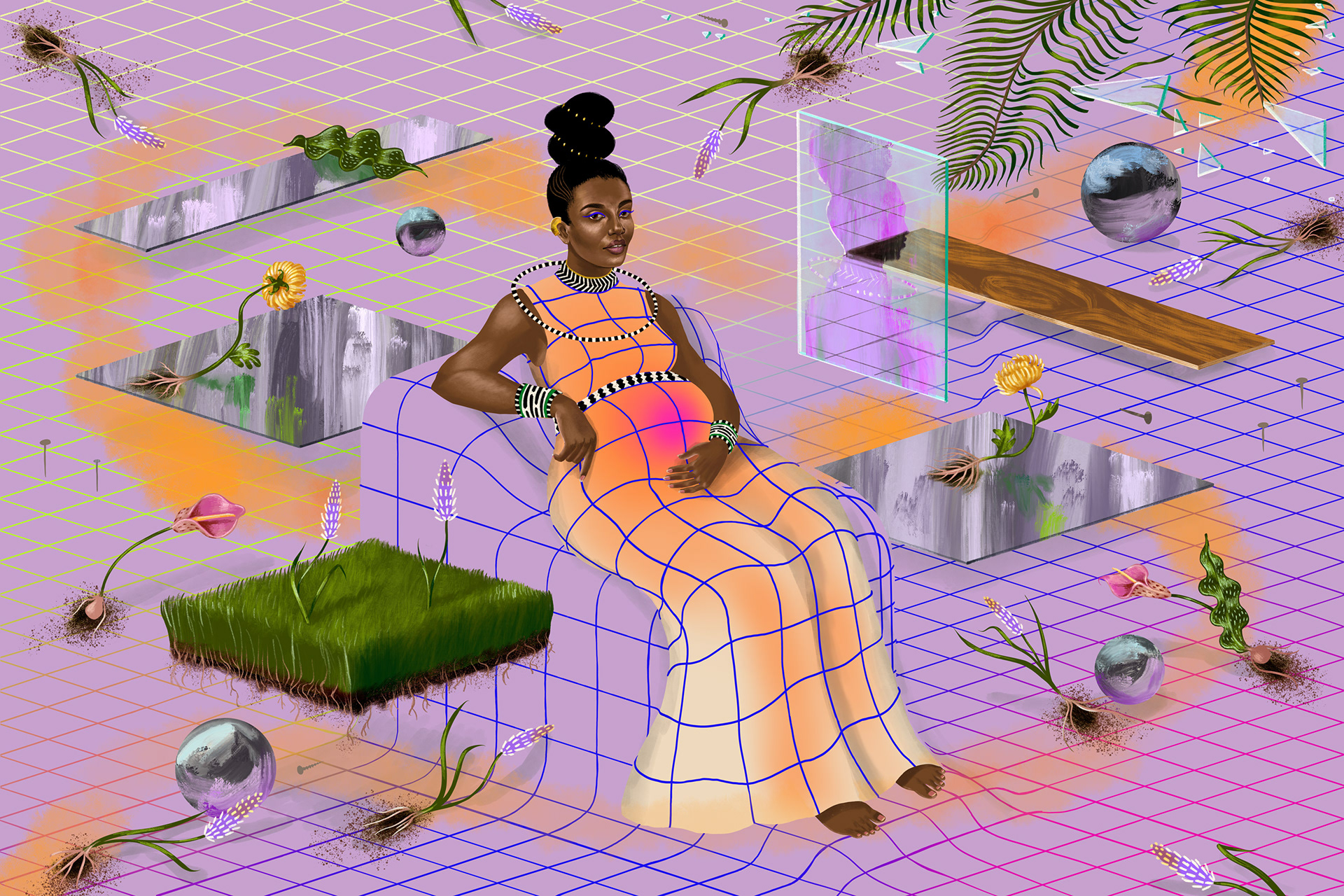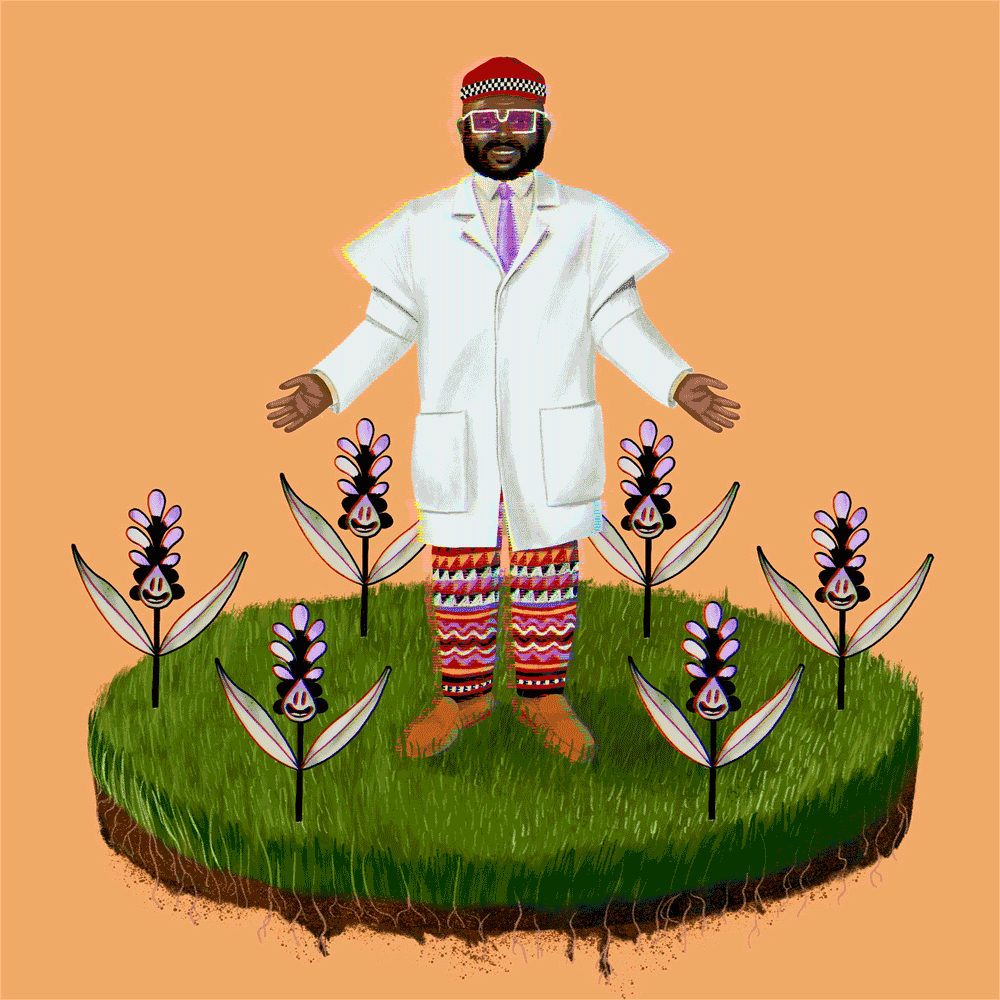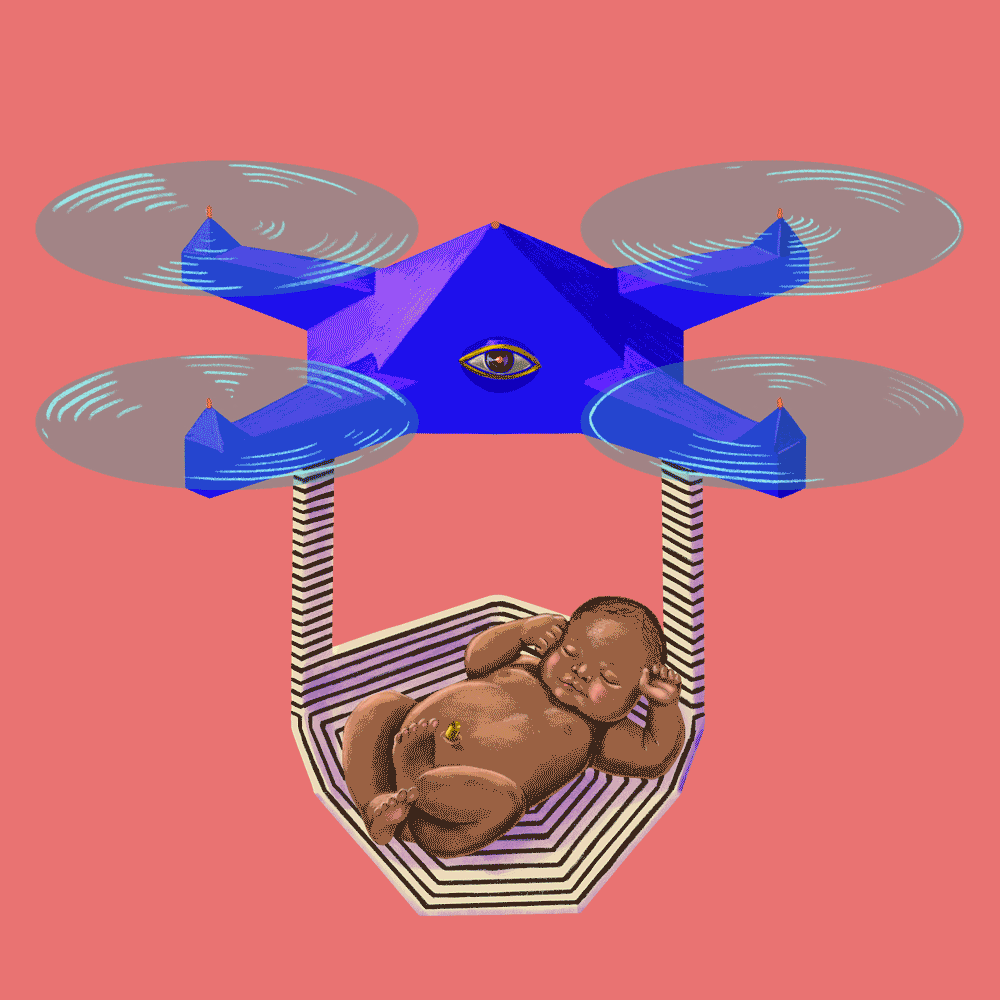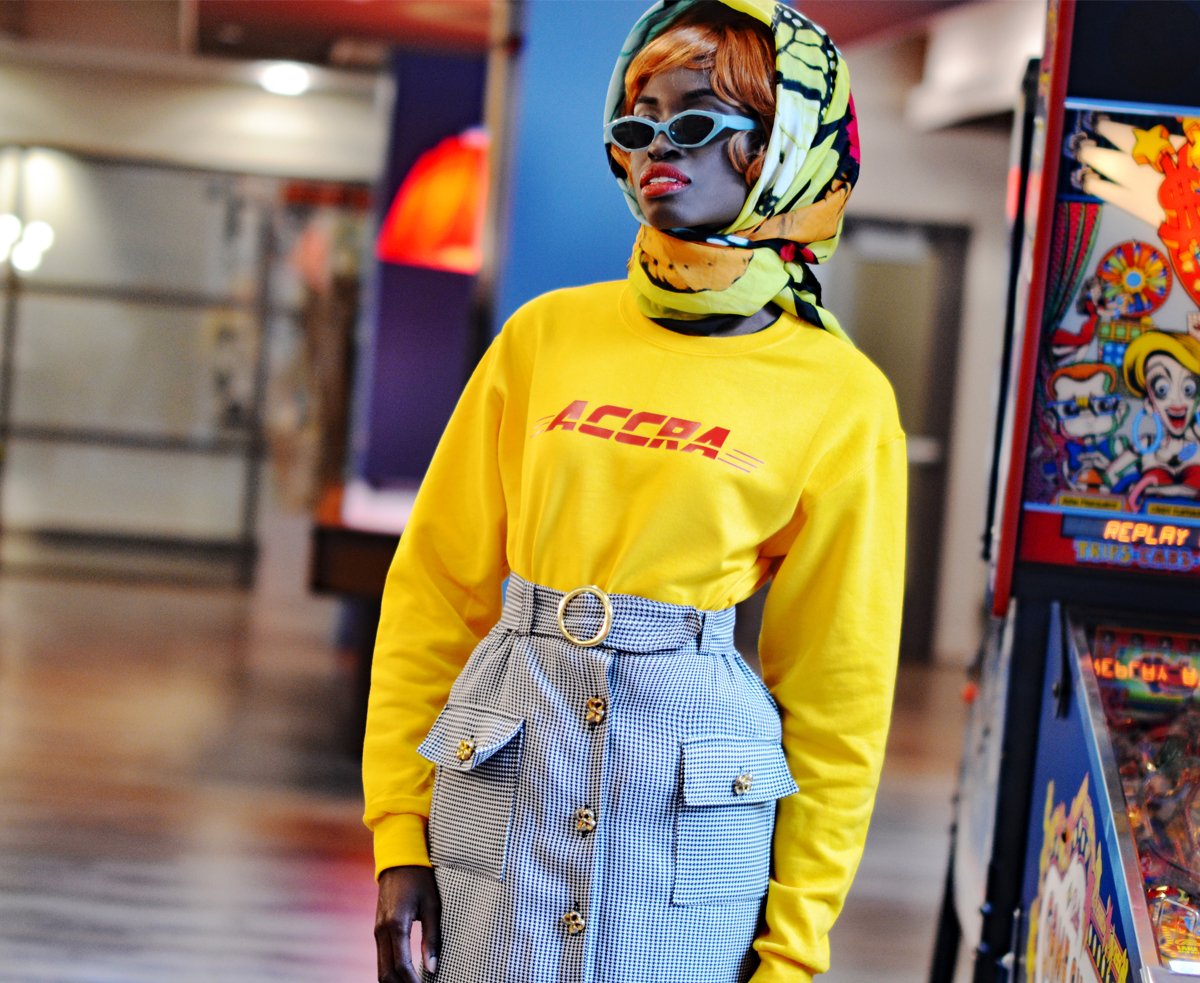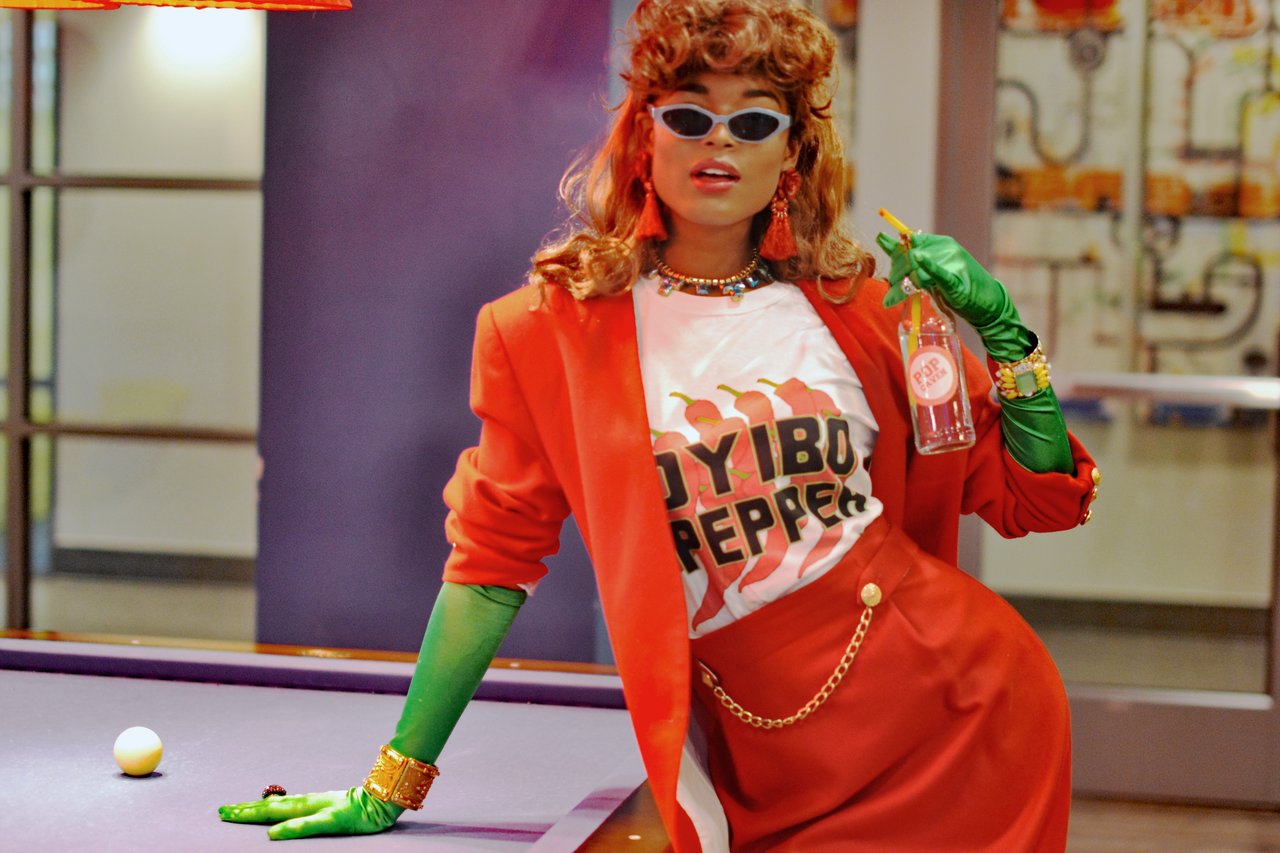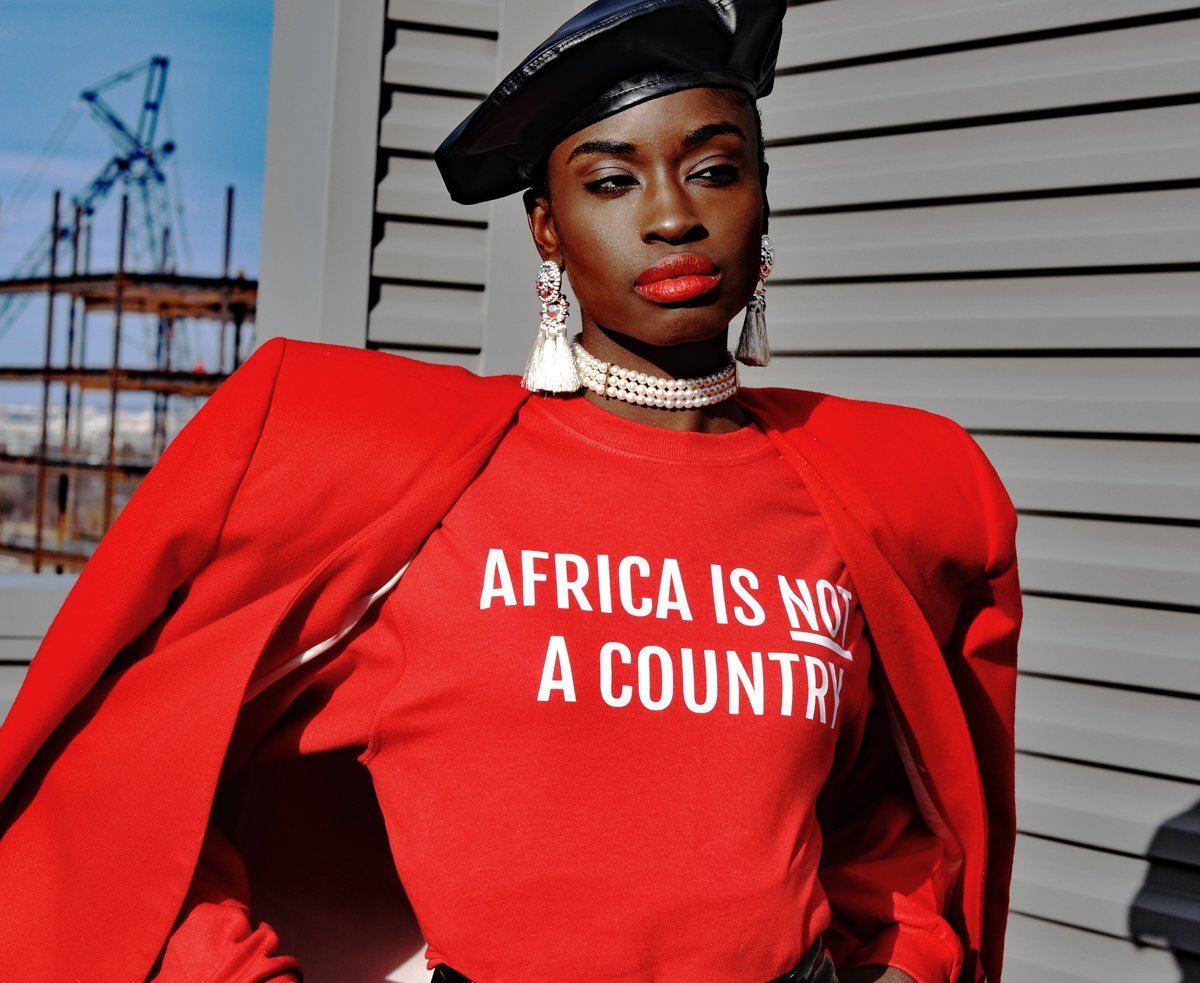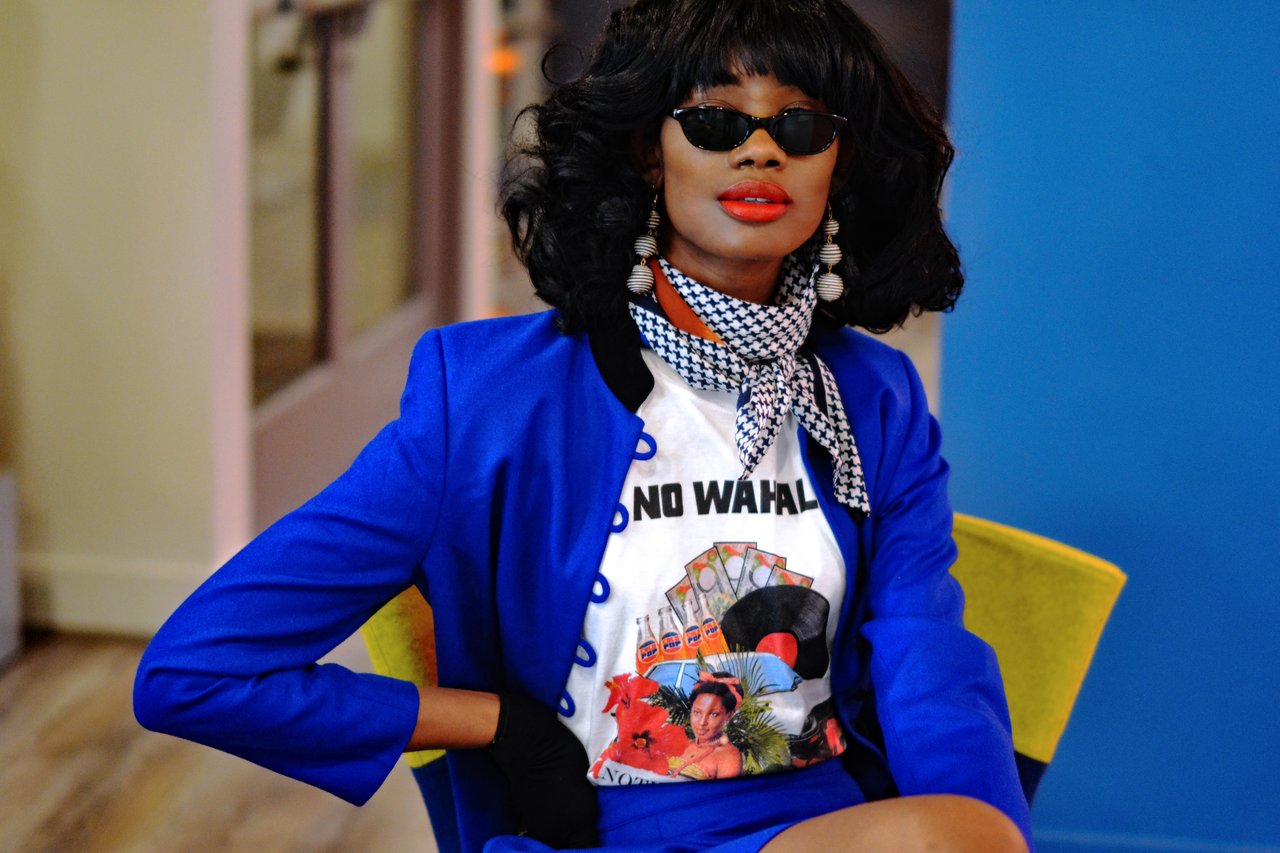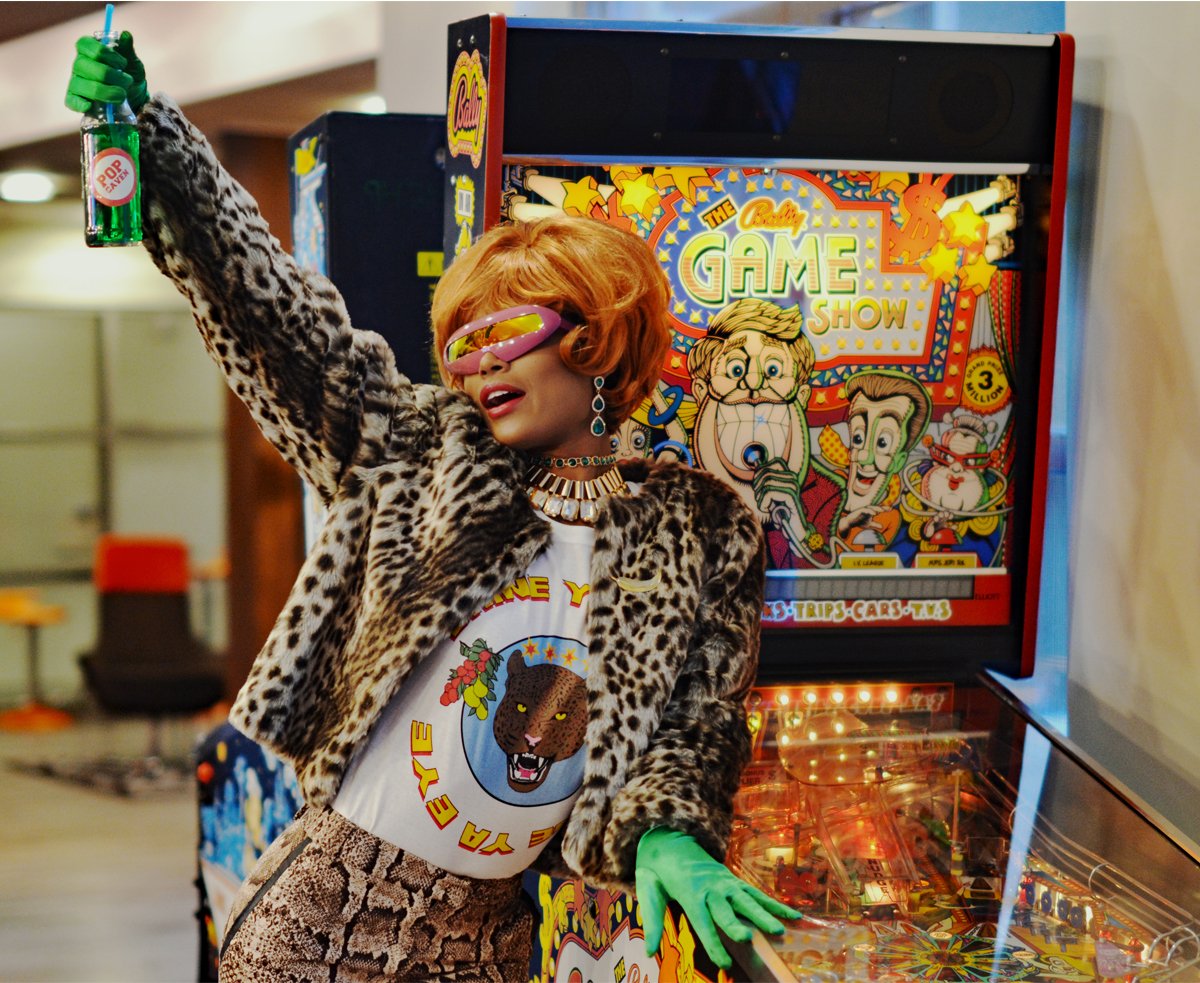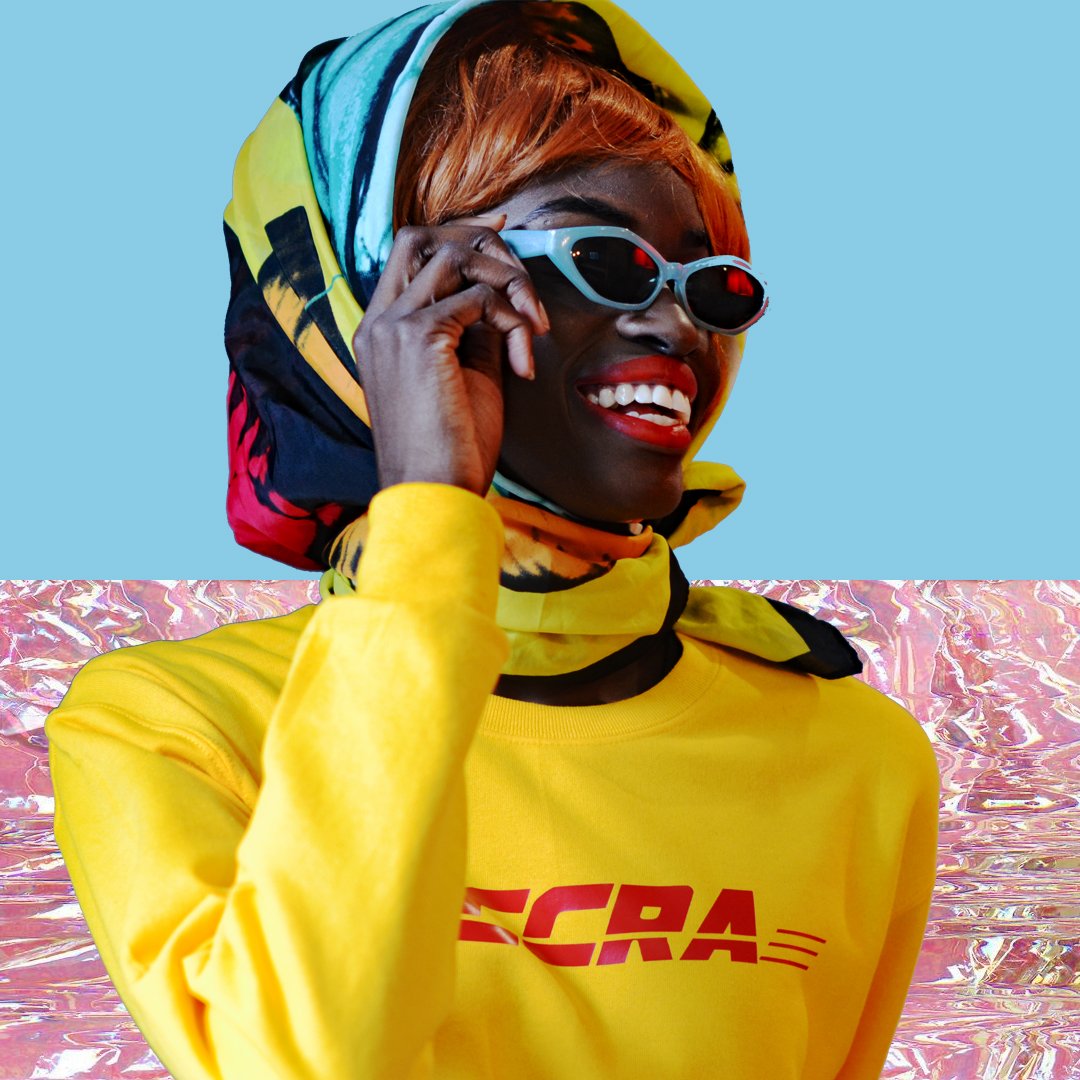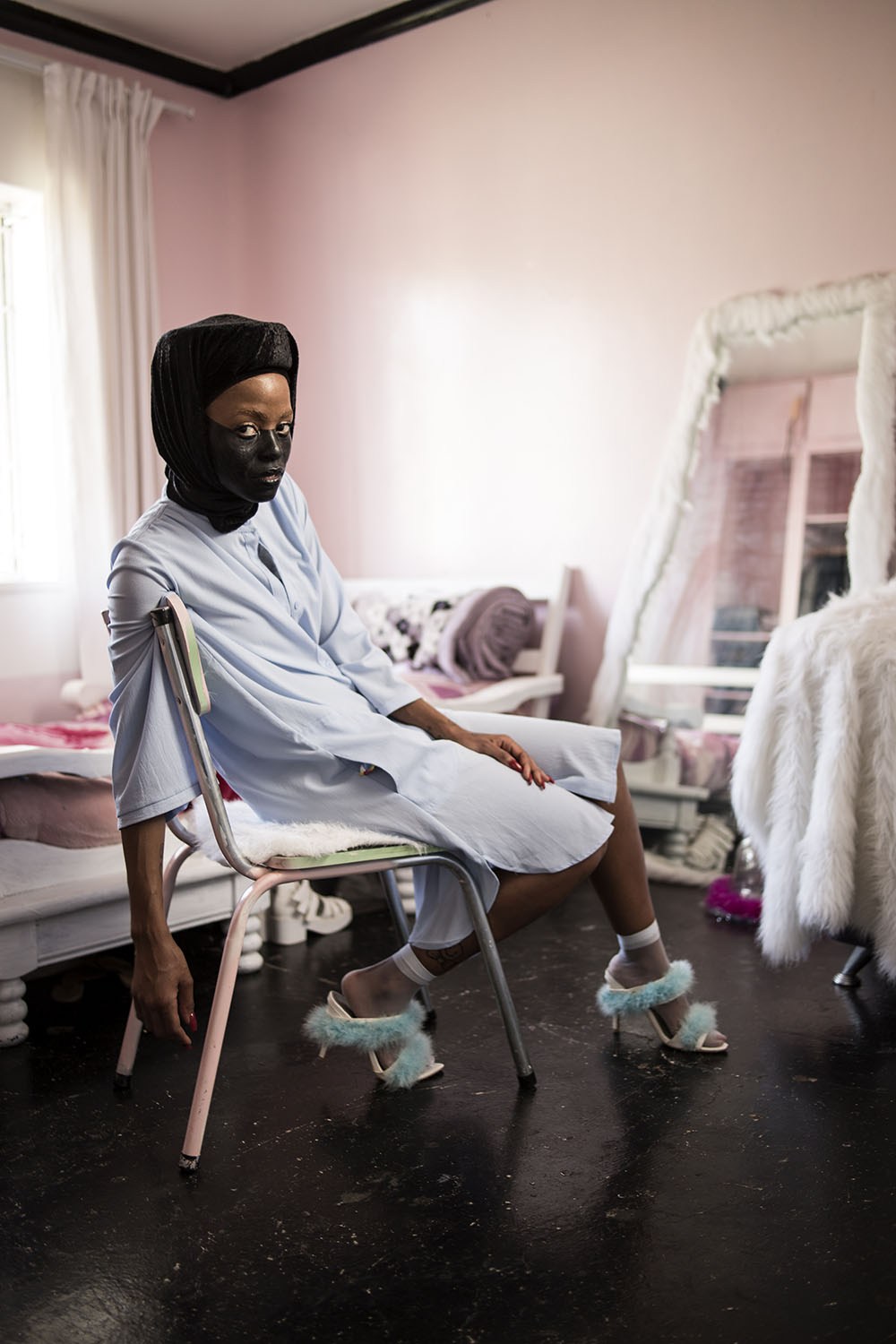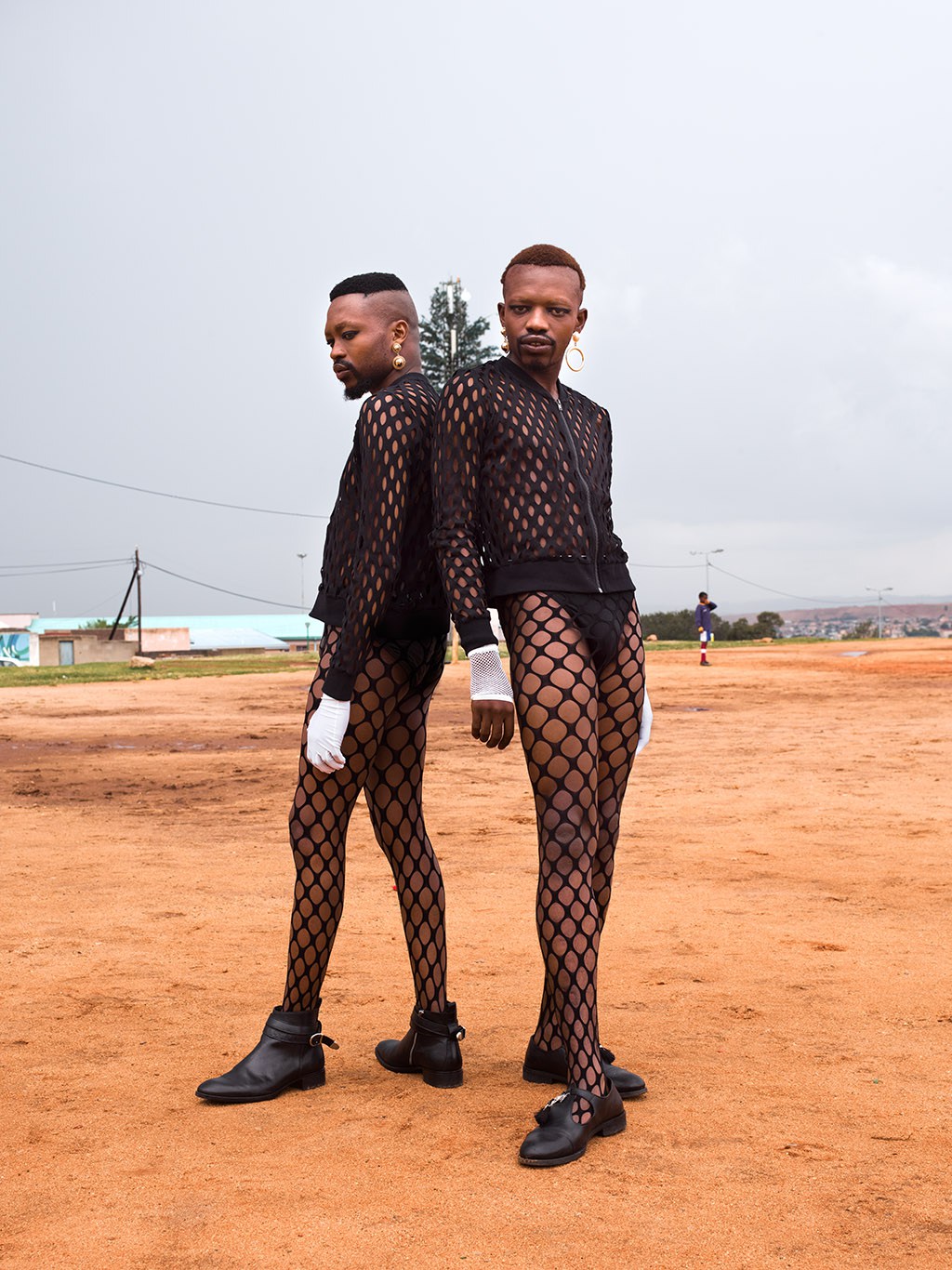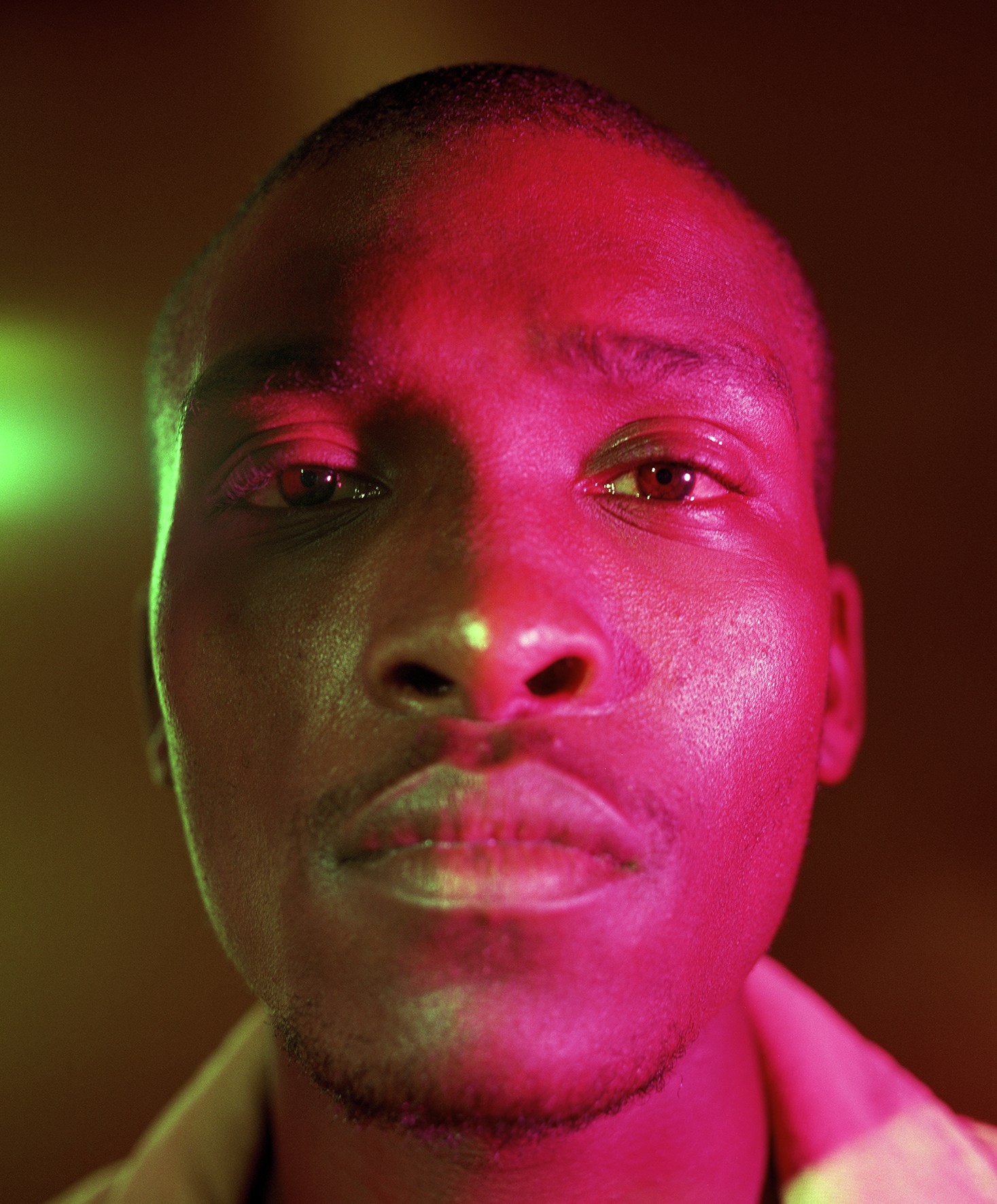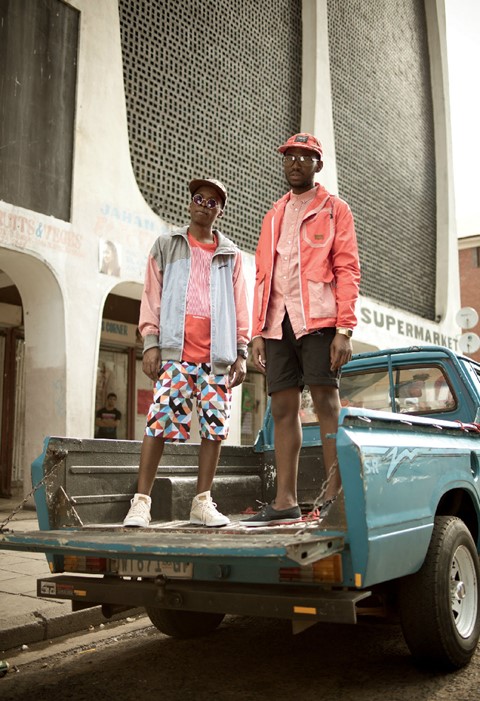Modupeola Fadugba, born in Togo and now based in Nigeria, is an artist who made a 180 degree turn from her studies in engineering, economics and education. However, these have not left been left behind, with elements of economics and education sprinkled on the conceptual foundations of certain artworks. Fadugba focuses on identity, women’s empowerment and social justice within the sociopolitical milieu of Nigeria. Paint, drawing, burnt paper and installations are the mediums through which she creates her socially engaging work.
Her 2016-2017 series Synchronized Swimmers takes its point of departure from an intimate and innocent memory she had as a child growing up in Lome. This memory was her fear of the sea, its vastness was too daunting and confusing to comprehend. The pools she was exposed to when she moved to the US for a while were less frightening, but her fear of the water remained until faced with compulsory lap-swimming classes at boarding school in England, aged eleven. Her first long drawn lap left her with a sense of accomplishment, and made her realize the water could be conquered. 20 years later in Nigeria she found herself facing another water-related fear, diving. With encouragement from her brother she leapt into the water from the diving board. While these may seem silly, they acted as forms of encouragement for her art, having decided to delve into the art world full time. Fadugba’s ‘pool’ works fall into two series of painting, Tagged (2015-2016) and Synchronized Swimmers (ongoing). Tagged sees a group of young women moving under and over the water in pursuit of a red ball. Synchronized Swimmers on the other hand sees young women clustering their bodies and hands together to lift one another into the sky. The red ball still makes an appearance, but the figures do not pay attention to it. Fadugba’s combination of acrylic, oil and burnt paper give the paintings a mysterious and confusing atmosphere, and yet the figures make the work visually appealing.
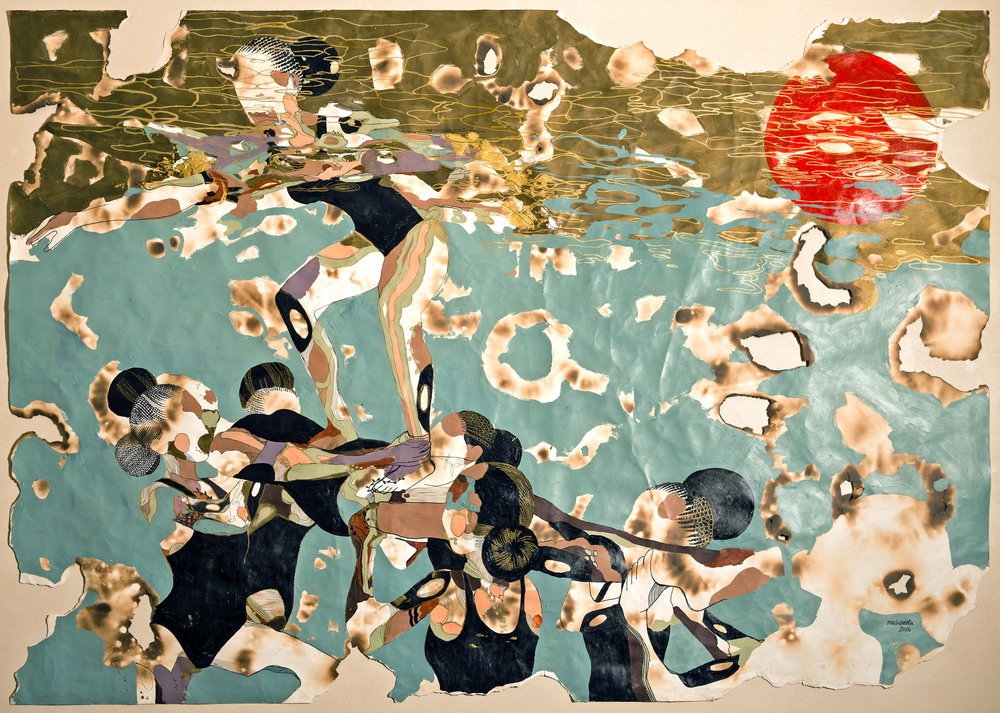
A second collection of work titled Heads or Tails (2014-2017) sees Fadugba unpack the Latin motto that appears on the American dollar bill – Annuit cœptis.In her artists statement she explains that “the US Mint translates Annuit cœptis as ‘He [God] has favoured our undertakings,’ and the United States’ official motto—’In God We Trust’—emblazoned across the centre of the bill leaves no doubt as to God’s supreme presence. Yet the original Latin could be more accurately translated as ‘our undertakings have been favoured’; there is no direct mention of God, no certainty as to who is bestowing the favour.” With this interpretation Fadugba questions the certainty of who does the watching over, and who receives the favour. Heads or Tails looks at the themes of chance and value and how they determine the course of people’s lives. The series consists of paper painted coins of various sizes, with the faces of Black women appearing on them. These paintings appear on burnt paper. The coins and combined with the title point to the idea of the coin toss, a recurring theme in Fadugba’s work, signaling her preoccupation with luck and human agency.
Her artist statements and explanations of her work channel the creative writing spirits of Chinua Achebe and Chimamanda Ngozi Adichie with their poetic and relatable nature.
To check out more of Fadugba’s work visit her website.
